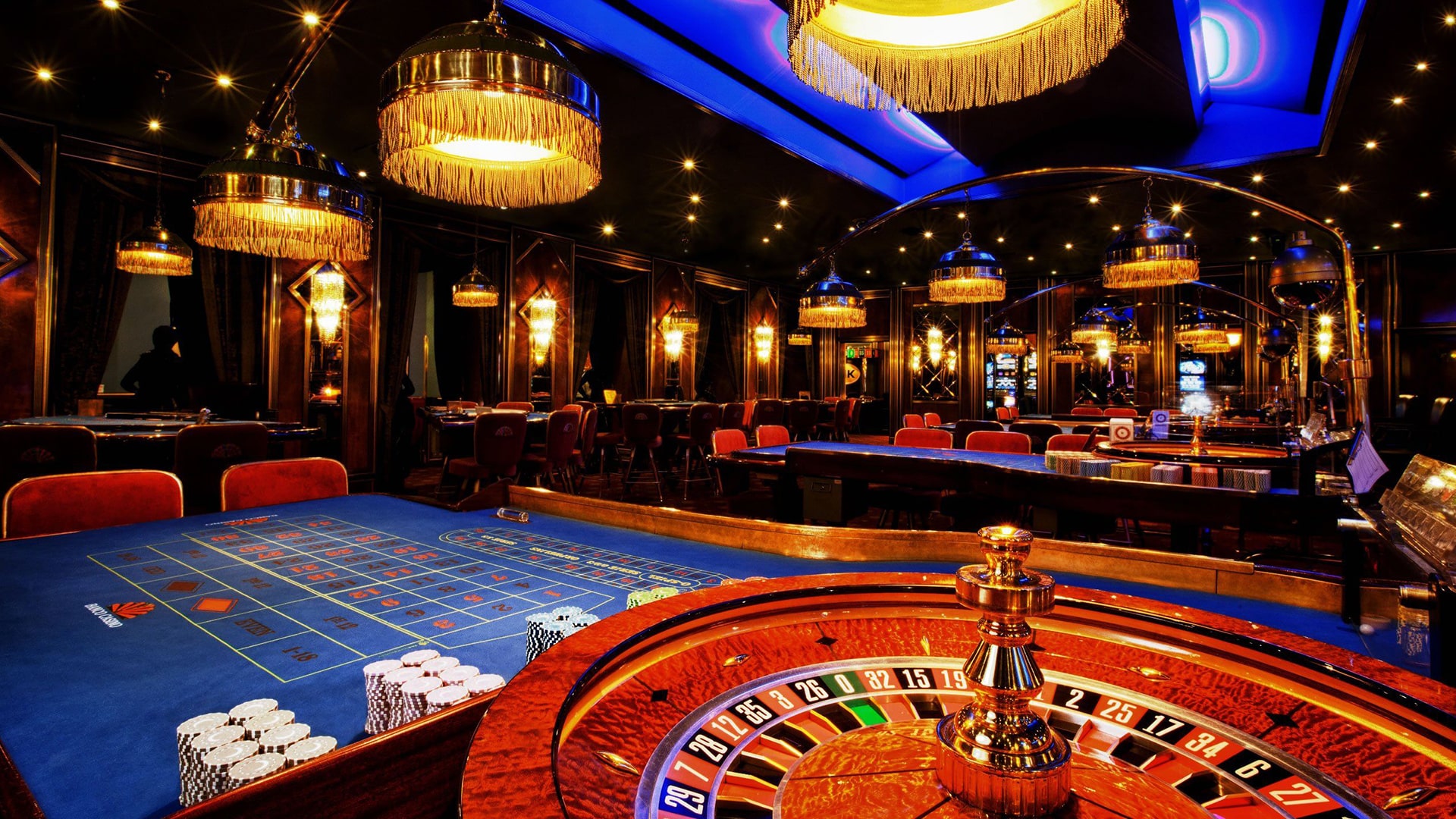
Gambling games have long captivated gamblers from all walks of life, enticing them into vibrant casinos filled with the noises of spinning wheels, clattering chips, and cheering crowds. The thrill of chance and the allure of potential winnings create an exhilarating atmosphere that keeps gamblers coming for more. Whether it is the excitement of a slot machine, the strategic play of poker, or the anticipation of a roulette wheel, casino games offer a unique combination of fun and risk that can be hard to ignore.
At the heart of this fascination lies a mental pull that varies from person to person. For some, the excitement of hitting a jackpot can elevate their mood, while for many, it’s a social experience that brings friends together. The colorful visuals, engaging sounds, and sometimes lavish environments of casinos further enhance the appeal, making each visit an adventure waiting to unfold. As we delve into why gamblers are drawn to these games, we uncover the underlying motivations and emotions that fuel their passion for the betting tables.
The Psychology of Gambling
The attraction of casino games commonly arises from the intricate psychology of gambling as a whole. Many individuals are attracted to the thrill of risking money for the opportunity of winning more, as it taps into a deep-seated human desire for thrill and reward. This high can create a profound emotional experience. The combination of risk and potential monetary gain can activate a release of dopamine, making players feel energized.
Furthermore, the design of casino games is engineered to hold players engaged. The use of vibrant lights, captivating sounds, and the communal environment of casinos can amplify the excitement. Players frequently find themselves submerged in these environments, where the expectation of a win encourages them to return. This sensory overload encourages longer gaming sessions, as the immediate feedback from wins, however small, reinforces the desire to continue gambling.
Finally, cognitive biases play a significant role in gambling behavior. Nhà Cái Uy Tín Many players fall prey to the belief in control, believing they can affect outcomes even in games of luck. This attitude can lead to excessive confidence and the persistence of play, despite mounting losses. Additionally, gamblers frequently recall their wins better than their losses, which can alter their viewpoint and intensify the desire to gamble more. This complex interplay between emotions and cognitive factors helps clarify why so many are attracted to casino games.
A Allure of Casino Environments
The environment of a gambling establishment is exceptionally enthralling, luring in gamblers with its mix of anticipation and suspense. The sights and auditory experiences of whirling gaming machines, excited gamblers, and the rhythmic clatter of chips create an absorbing experience that is challenging to pass up. The lively illuminations and energetic arrangement foster a sense of energy that keeps visitors engaged and invites them to remain more time. This infectious environment contributes to the overall appeal of gambling experiences, enticing both new and seasoned bettors alike.
Moreover, casinos are crafted to stimulate the five senses in a fashion that makes gamblers feel as though they are embarking on a thrilling expedition. The thoughtful arrangement of gaming options, inviting seating, and on-the-house snacks enhance the overall attraction, making visitors feel cherished and pampered. Many casinos also feature artistic designs and intricate themes that take visitors to different worlds, amplifying the buzz. Such settings foster a feeling of freedom, allowing bettors to ignore their everyday existences and immerse into the thrilling world of chance.
Ultimately, the presence of additional gamblers amplifies the social element of gambling, creating a joint rush. Engagements among gamblers, whether through light-hearted conversation or shared joy during a big success, cultivate a feeling of community that many find appealing. This interpersonal connectivity enhances the journey of participating in casino activities, transforming it from a solitary pursuit into a shared journey. The blend of excitement, engaging settings, and communal ties makes gambling establishments an irresistible place for bettors desiring entertainment and a possibility to gain.
Grasping Casino Mechanics
Casino games are engineered with distinct mechanics that attract players. Every game has its own set of rules, betting structures, and probability ratios, allowing players to engage with the game on various levels. The thrill of placing a bet and the anticipation of the outcome creates an thrilling atmosphere. Understanding these mechanics can intensify a player’s appreciation for the game and improve their overall experience.
An additional crucial aspect of game mechanics is the principle of randomness. Many casino games, especially video slots and table games, rely on randomizers or shuffling to determine outcomes. This randomness is what keeps players coming back; the unpredictable nature of the game creates a sense of hope and excitement. Knowing that each play or deal is independent of the last adds to the appeal, as players perceive they have a chance at winning, regardless of past outcomes.
Ultimately, the emotional response related to game mechanics should not be underestimated. The excitement of a big win or the tension during decisive moments are fundamental to the enjoyment of casino games. Such emotional highs and lows leverage psychological triggers that keep players engaged for extended periods. Grasping these emotional responses to game mechanics can help explain why so many are enticed by the thrill of casino games, continually seeking that following exhilarating moment.